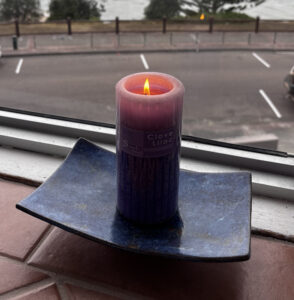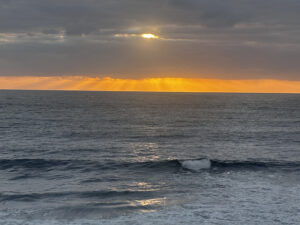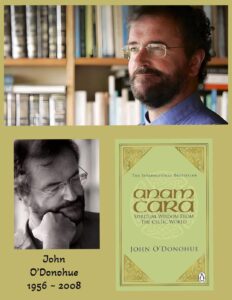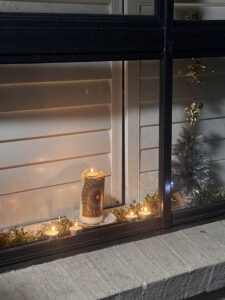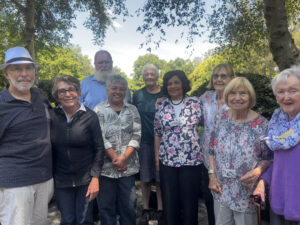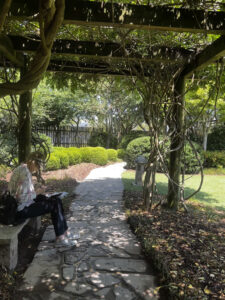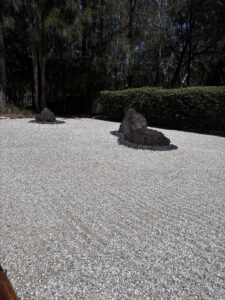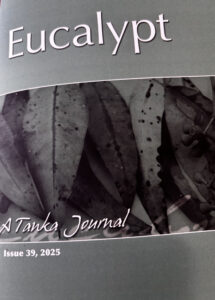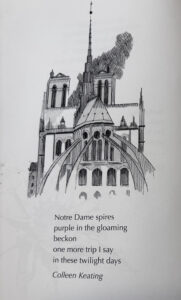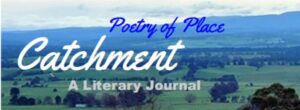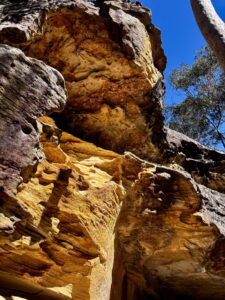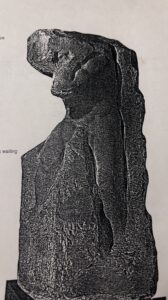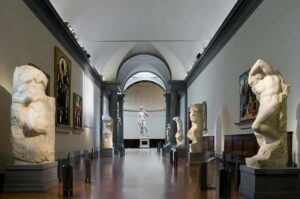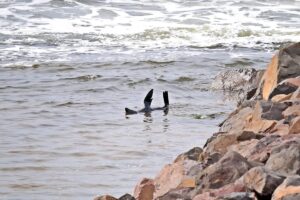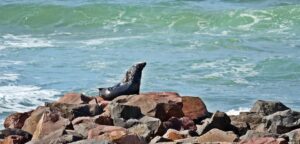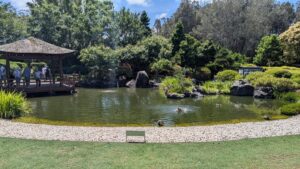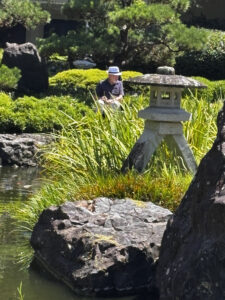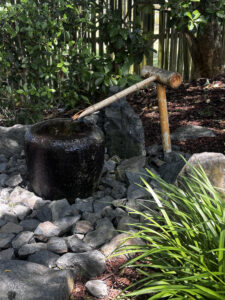Catchment – Poetry of Place
Exciting news 5 of my tanka are going to be read on the radio. from February 2026.
Greetings, Colleen.
We are proud to have chosen the following poetry of yours for recorded readings, within our latest initiative, Tanka Tones:
– ‘Changi’
– ‘walking the beach’
– ‘an empty sky’
– ‘in Shiki’s garden’
After recording & editing, we will start making postings online on the 14th & 28th days of each month
Nine Streams of selected tanka will be released in total.
At present, we envisage commencing in February, but will advise you subsequently about specific dates.
To be presented by a team of six readers, in rotation, readings will go live in sets of four.
Previous postings will be readily available, archived immediately below – as with all releases through Catchment, access will be free, with no subscription/ fee payable.
This project follows closely in the footsteps of Catchment Voices, likewise produced through 3BBR-FM: again, a proportion of audio files from Tanka Tones will also be broadcast on local community radio, in West Gippsland, Victoria.
As members of the Catchment team, we are grateful to Paul Strickland from 3BBR for his backing, while also thanking you for your support: we hope you will feel we have done justice to your writing within Tanka Tones.
Looking forward to receiving further submissions from you in future, we wish you all the very best for the year to come!
Cheers,
Rodney Williams
Editor
Catchment – Poetry of Place
Baw Baw Arts Alliance
Gunaikurnai country

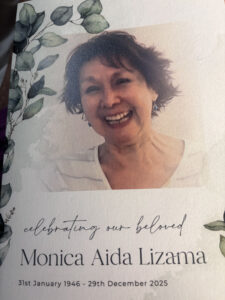
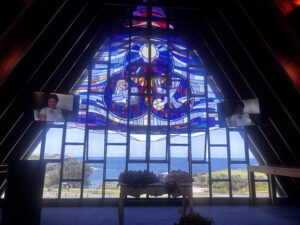
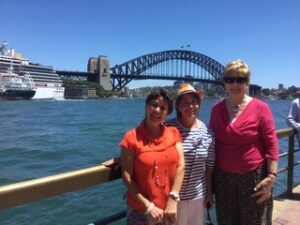
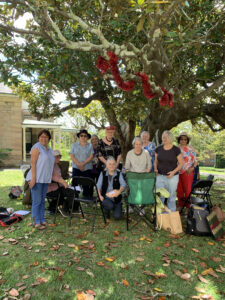
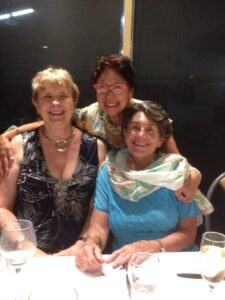
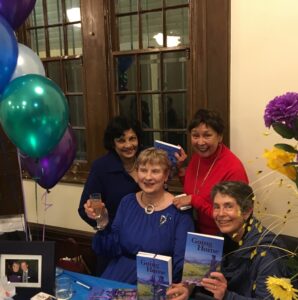
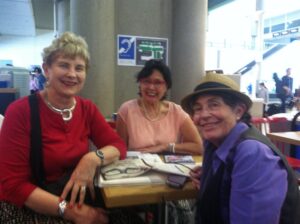
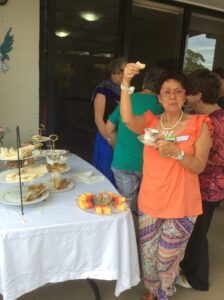
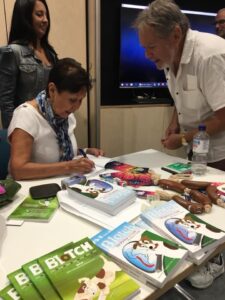

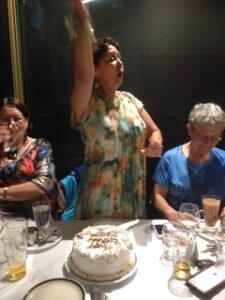
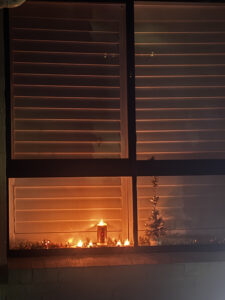
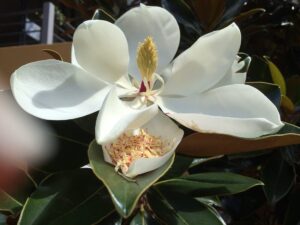 Thank you to Dr.Stephanie Dowrick
for her New Year initiative of the poetry and photography.
Hafez Shirazi
Thank you to Dr.Stephanie Dowrick
for her New Year initiative of the poetry and photography.
Hafez Shirazi